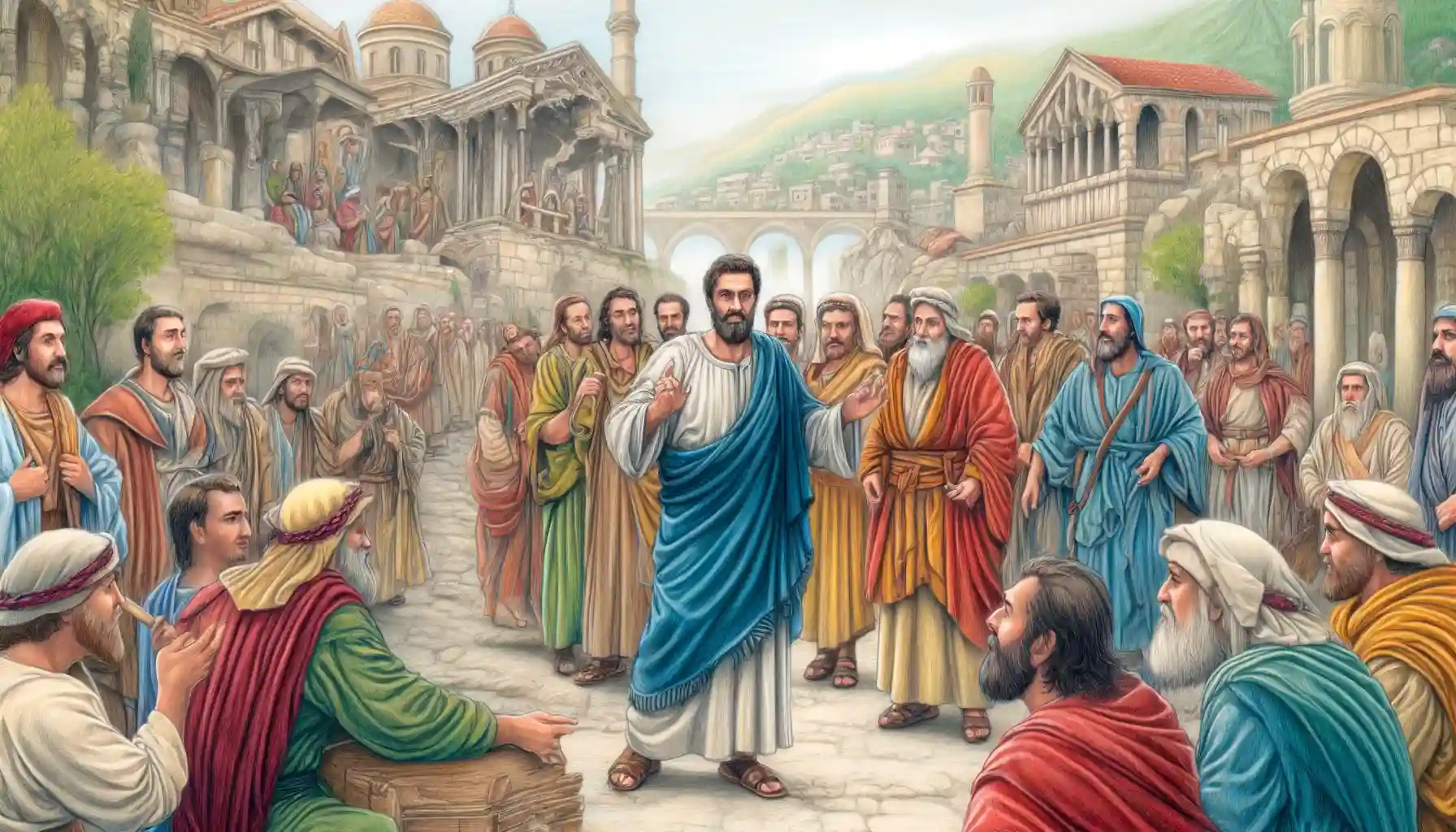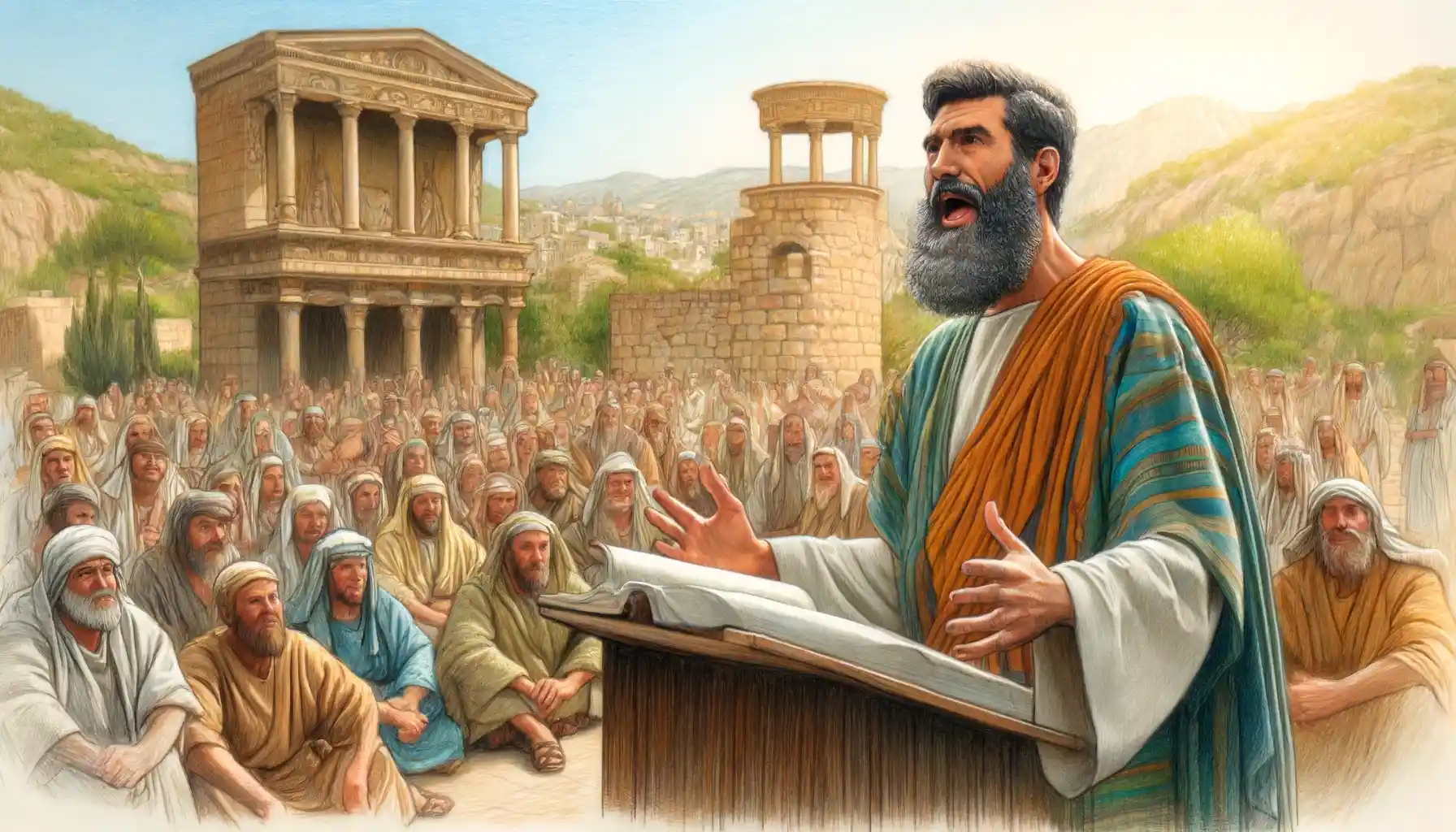Antioch, known as the “Cradle of Christianity,” was a pivotal city in early Christian history, serving as the first place where believers were called Christians, the launching point for Paul’s missionary journeys, and a key center for the inclusion of Gentiles in the faith, significantly shaping the spread and theological foundations of early Christianity.
Paul’s first missionary journey, undertaken with Barnabas and John Mark, marked a foundational moment in the spread of early Christianity as they traveled from Antioch to Cyprus, Pisidian Antioch, Iconium, Lystra, and Derbe, preaching the Gospel, performing miracles, facing persecution, and establishing new churches, thereby demonstrating the transformative power of the Gospel and the inclusivity of God’s salvation plan.
Mark, also known as John Mark, was a companion of Paul and Barnabas and is traditionally believed to be the author of the Gospel of Mark, playing a crucial role in the early Christian movement and the spread of the Gospel.
The Council of Jerusalem, described in Acts 15:1-35, addressed the controversy over whether Gentile converts to Christianity needed to follow Jewish law, ultimately deciding that they did not need to be circumcised but should abstain from certain practices, thus fostering unity in the early Church.
Barnabas’s role as an encourager, a bridge-builder between Jewish and Gentile Christians, and a pioneering missionary alongside Paul, underscores his critical contributions to the spread and establishment of early Christianity.





